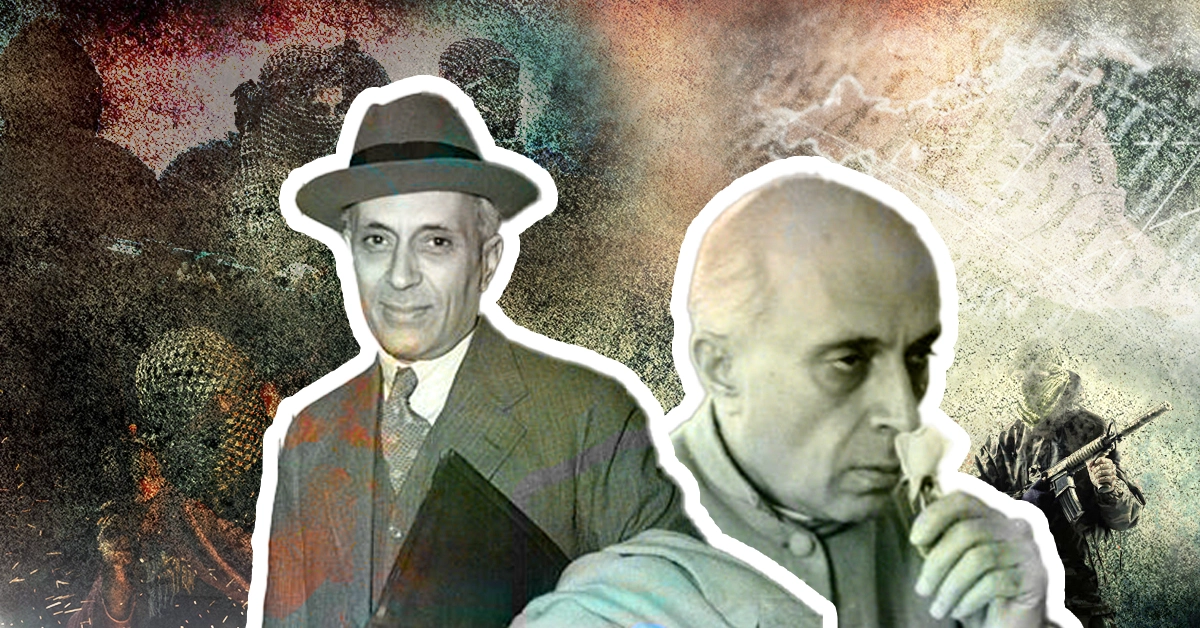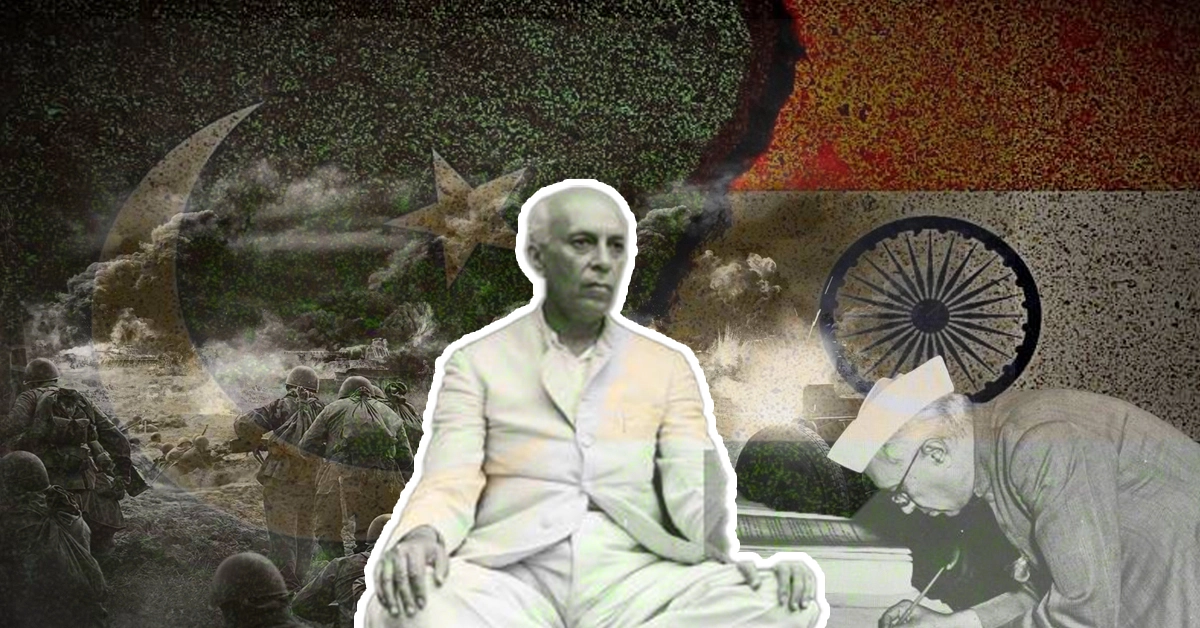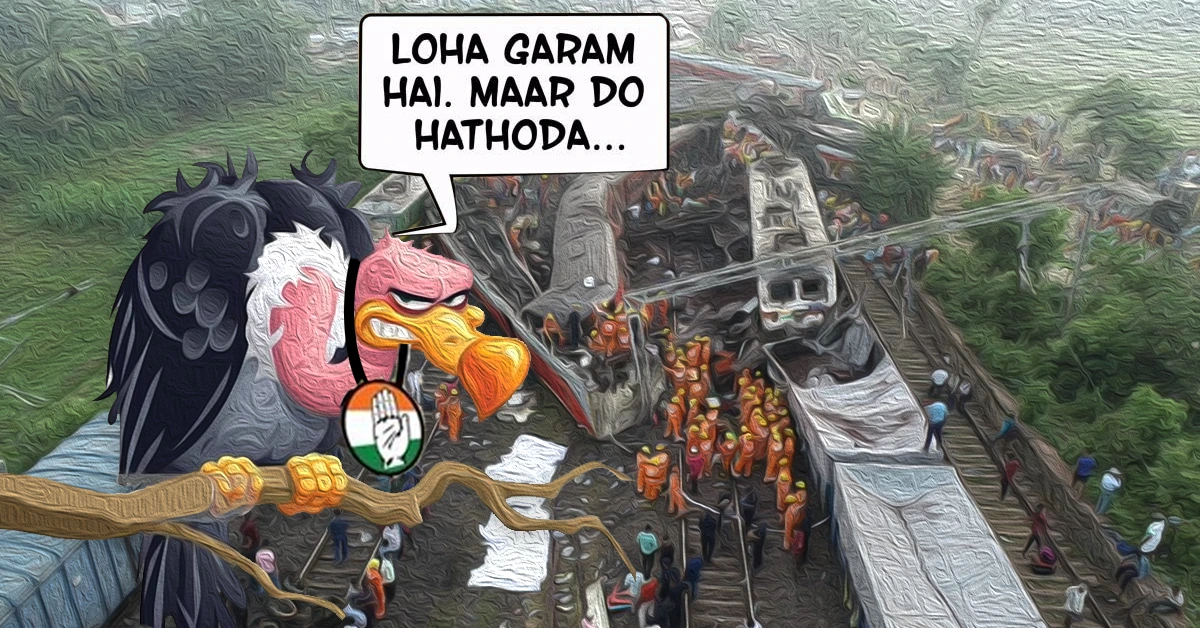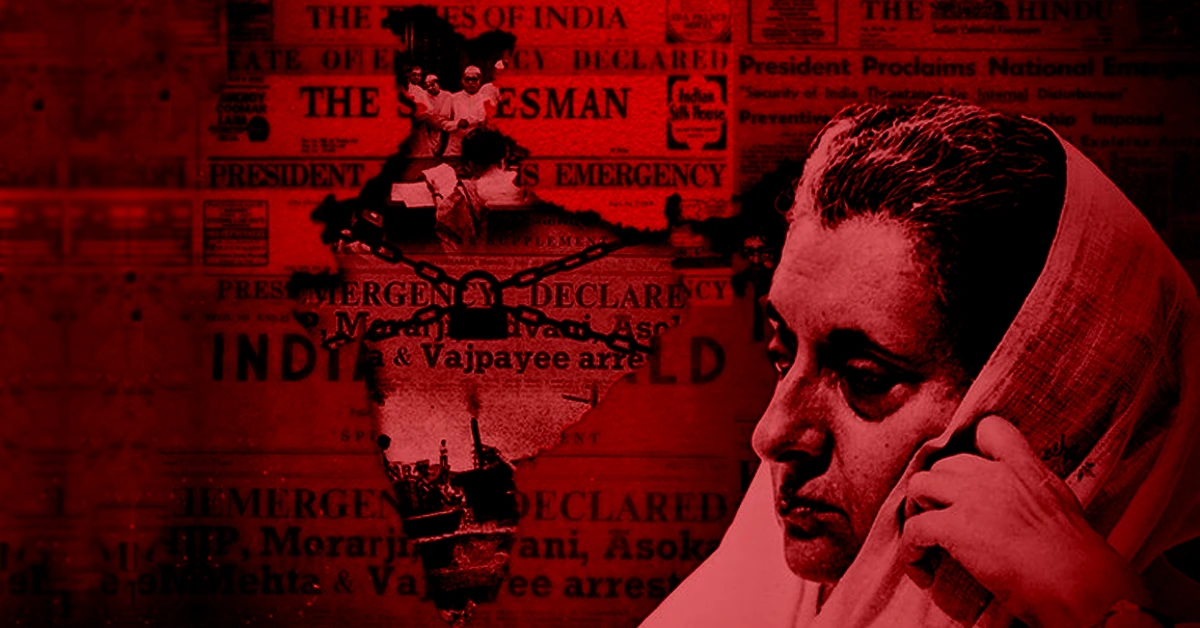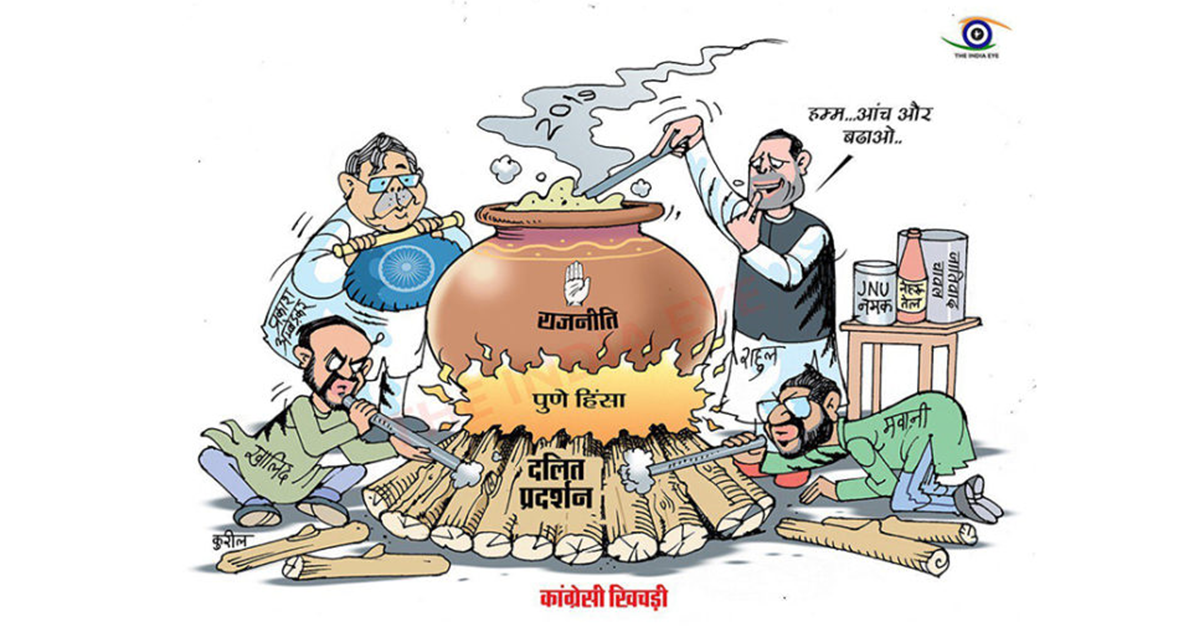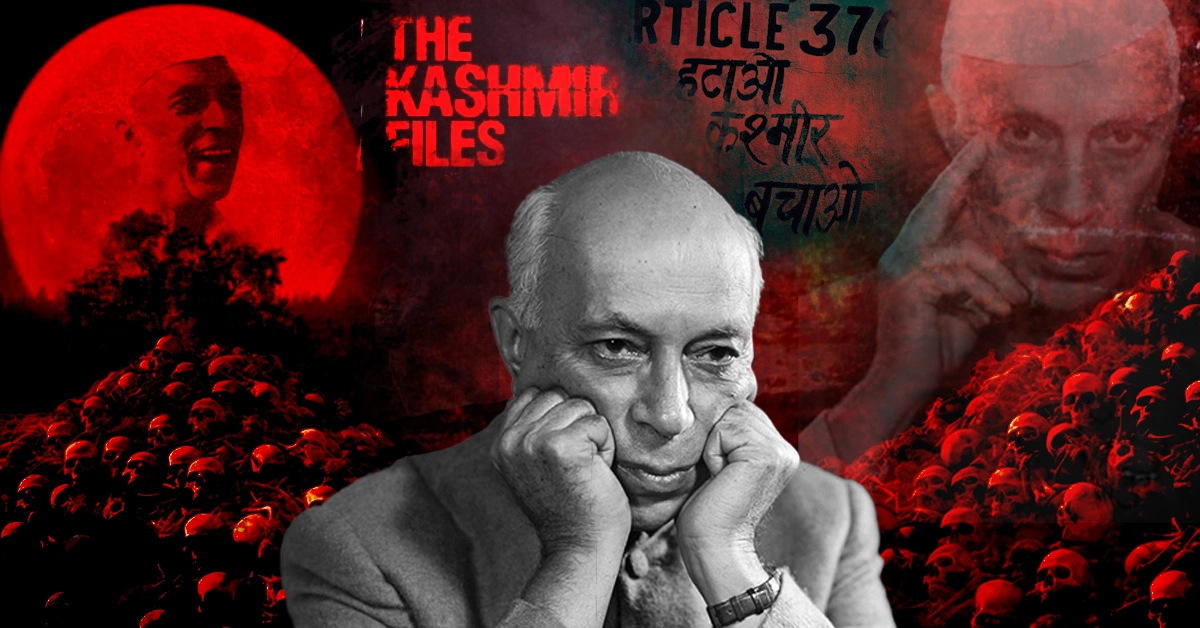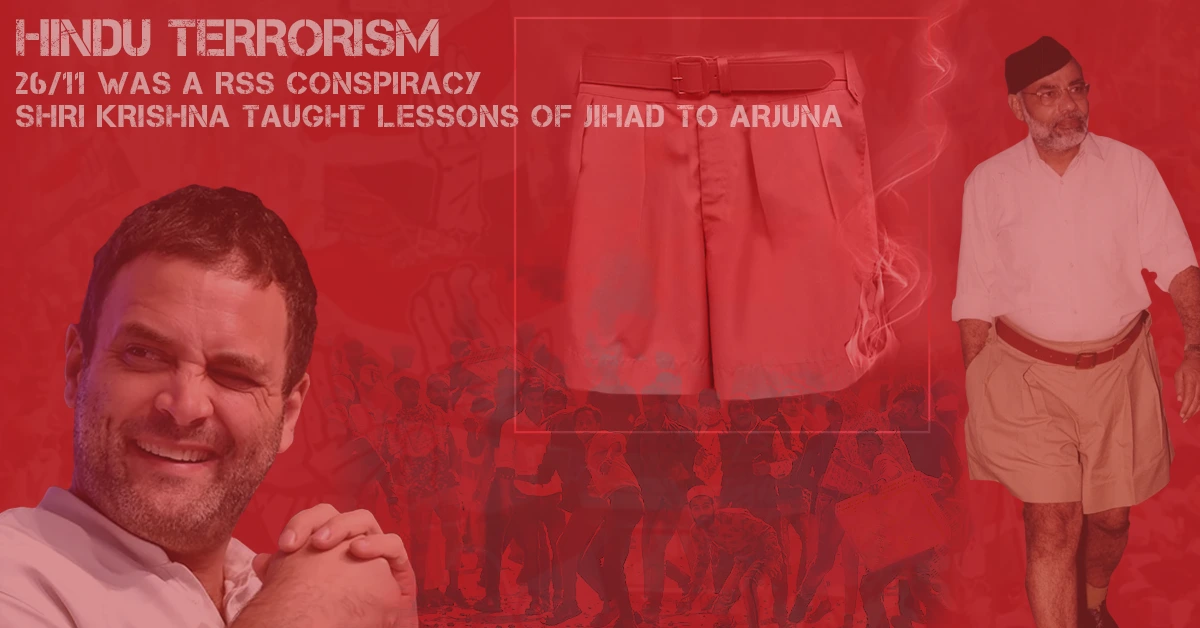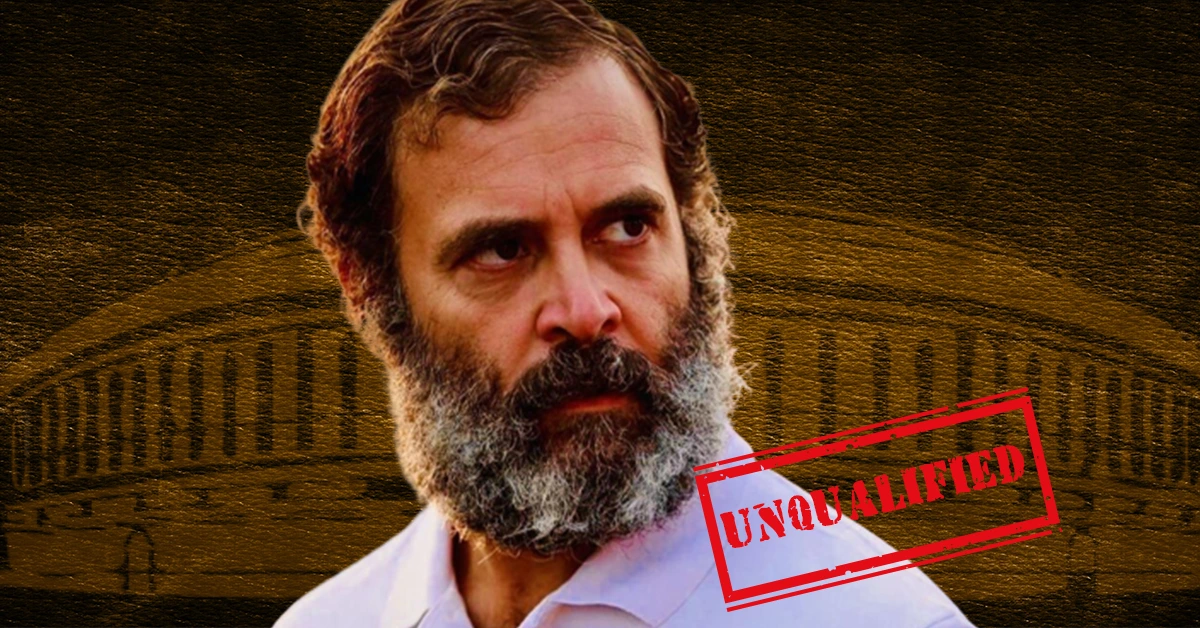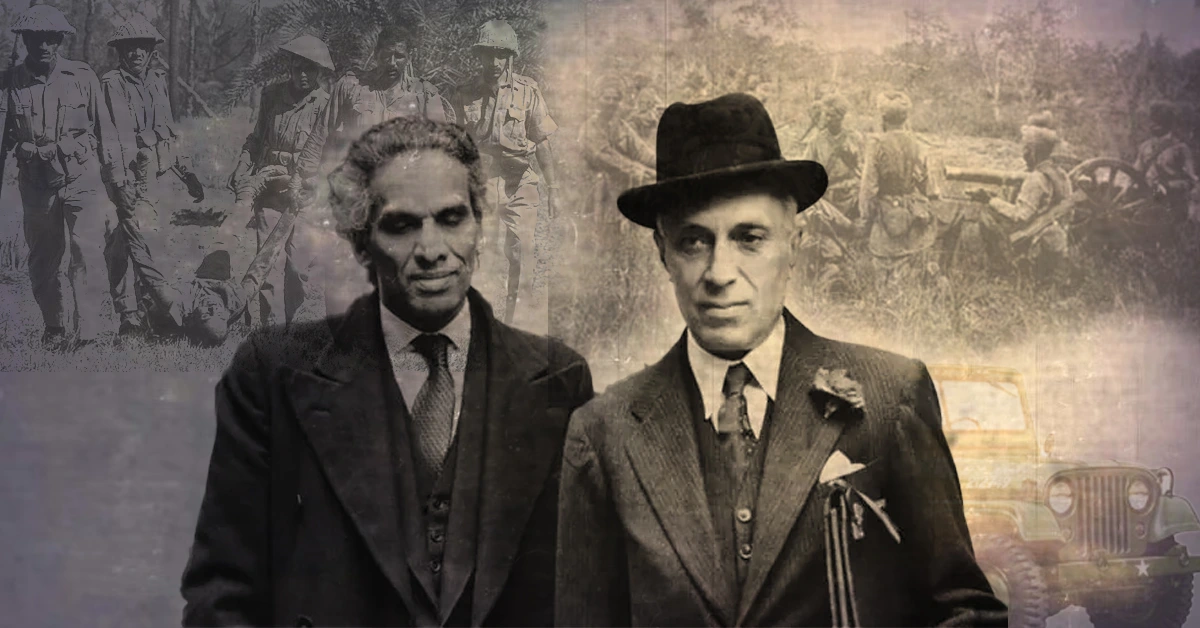Just as the pig revels in its muddy playground, the Congress party seems to derive pleasure from engaging in dirty politics, making it futile to expect a balanced view or any constructive contributions from them. Repeatedly, the Congress party has demonstrated that their sole objective is to acquire power for →Read More →
- December 29, 2023
- 7 Mins Read
The Himalayan Blunders: Nehru's Unholy Alliance with Sheikh Abdullah
(Part III)
In the aftermath of partition, Nehru’s catastrophic decisions on Kashmir showcased a stunning lack of foresight and spine. His pathetic reliance on British advice and the premature ceasefire exposed a feeble leader prioritizing personal agendas over national interests. Nehru’s betrayal of Hindu concerns, particularly the callous dismissal of Kashmiri Pandits, and his nauseating alliance with Sheikh Abdullah demonstrated a spineless surrender to divisive politics, leaving an indelible stain on India’s history.
click play to listen to the article
यः सर्वदा द्वेषं धारयति, स एकः मधुरहीनो मधुकरः विचलति।
The one who harbors constant negativity goes astray like a bee without honey
Nehru’s post-partition Kashmir debacle exposes his utter incompetence. Ignoring Kashmir’s desire to unite, he blindly followed British advice, announcing a premature ceasefire and foolishly escalating the issue to the UN. His unfathomable trust in former oppressors reveals not sagacity, but sheer idiocy, tarnishing India’s history with a legacy of shortsightedness and abject failure.
Despite the bloodshed and violence witnessed post-partition, Jawaharlal Nehru remained adamant about getting his personal agenda fulfilled before Kashmir’s accession. At the time of partition, the ruler of Kashmir wanted to unite with the rest of India without conditions. The man who rejected the union was Nehru. To compound matters, after reluctantly accepting the accession, Nehru surprisingly aligned himself with the advice of the British, announcing a ceasefire at a juncture when victory in the war was imminent. To make matters worse, Nehru then decided to take the issue of Kashmir to the United Nations, again on the advice of the British. Nehru had spent a lifetime dealing with the British and observing their devious ways, yet when faced with the crucial task of decision-making for the nation, he astonishingly opted to heed the advice of the very same British. Nehru’s renowned wisdom truly shines through in the brilliant decision to take the advice of the British — because nothing says sagacity like embracing the insights of the former oppressors.
Nehru’s Gambit with the UN: Nehru approached the United Nations under Article 35 instead of Article 51. Nehru’s misguided choice to approach the United Nations under Article 35, dealing with disputed lands, instead of the apt Article 51 to highlight Pakistan’s illegal occupation of Indian territory, reveals a shocking lapse in judgment. As a result, despite the Maharaja signing an instrument of accession solely with India, Nehru accorded legitimacy to Pakistan by personally framing Kashmir as a dispute between the two nations. This ill-fated decision continued to haunt India with UN resolutions, until 2014 when Narendra Modi assumed office. What is appalling is that even on matters crucial to India’s sovereignty, Nehru shockingly chose to place trust in the British, betraying his own colleagues like Sardar Patel. Even Gandhi was opposed to taking the Kashmir issue to the UN. Gandhi believed India and Pakistan should talk and settle the dispute rather than seeking an arbitrator in the form of the UN.
The United Nations Commission for India and Pakistan (UNCIP) passed a resolution with three sequential conditions: ceasefire, withdrawal of troops by Pakistan, and plebiscite. The implementation of Part III was contingent on the fulfillment of Parts I and II. While the ceasefire took effect on 1 January 1949, Pakistan refused to withdraw its troops from the occupied territories. Even the UNCIP emphasized that the prospect of a plebiscite was contingent solely upon Pakistan’s withdrawal of its troops. Nevertheless, Nehru continued to insist that a plebiscite was the way forward. For years, Nehru allowed the myth to persist that India was obstructing a UN-mandated plebiscite in Kashmir. As a result, forces both within and outside India continued to perpetuate the myth that Kashmir was not an integral part of India and that a referendum was acceptable, allowing people to choose whether they wanted to remain with India or merge with Pakistan. This narrative endured until Narendra Modi abrogated Article 370.
There were 631 princely states when India achieved independence in 1947, and 630 of them were handled by Vallabhbhai Patel and one by Nehru. The 630 princely states were merged with the Union of India completely but Jammu and Kashmir continued to be a problem. - Amit Shah
Muslim by Culture, Hindu by an Accident of Birth: The Unholy Alliance with Sheikh Abdullah: In a bid to secure the Muslim vote bank, Jawaharlal Nehru strategically positioned himself to appease Muslims, seeking to surpass leaders like Jinnah and Maulana Azad. This inclination was so pronounced that even his wedding cards, all three of them, were meticulously crafted in Urdu. This approach persisted for Nehru post-Partition, as he heavily depended on Muslims as a substantial portion of his voter base — Hindus were just expected to rally behind the chosen one.
Nehru’s identification with Muslim culture was evident when, upon Sheikh Abdullah’s request, he addressed Kashmiri Pandits on 7 August 1947. During this speech, Nehru proclaimed, “If non-Muslims wish to reside in Kashmir, they should align with the National Conference or choose to leave the country. The National Conference is the genuine national organization, and even without a single Hindu becoming a member, it will remain so. Should the Pandits opt not to join, no safeguards or considerations will shield them.”
It is appalling to witness a man destined to become the prime minister of the country issue such ruthless ultimatums to Kashmiri Pandits. Even earlier, when Sheikh Abdullah proclaimed the ‘Quit Kashmir’ call to force Maharaja Hari Singh out permanently, Nehru shamefully aligned himself with Abdullah against the counsel of many wise individuals. Abdullah’s sinister political agenda aimed at dismantling Maharaja Hari Singh’s rule and establishing Muslim dominance in Jammu and Kashmir. Despite this, Nehru and Sheikh Abdullah maintained a disgracefully close friendship.
After enduring a prolonged period of oppressive Islamic rule, it was only under the Dogra rulers that Hindus in Kashmir found some respite and peace. Fearing a return of Islamic dominance under Sheikh Abdullah, the apprehensions of the Pandits were justified. Yet, when they approached Nehru for help in securing minority protection rights, Nehru dismissed them by asking them “not to be communal minded” and suggested joining the National Conference instead. This callous disregard resulted in the tragic fate of the Kashmiri Pandits, who have since then endured numerous instances of ‘Raliv, chaliv, galiv’ (join, flee, or die).
Sheikh Abdullah went on to assert a distinct political identity for Jammu & Kashmir based on its Muslim majority. Following the integration of Jammu and Kashmir, Sheikh Abdullah conducted several closed-door meetings to deliberate on the agreement, where invitations were extended exclusively to Muslim members. By surrendering to his demand, Nehru and the Congress had legitimized Mohammed Ali Jinnah’s pernicious two-nation theory. Nehru’s willingness to accommodate Sheikh Abdullah’s aspirations amounted to accepting the existence of a sub-national identity.
Tragically, as a consequence of Nehru’s misplaced priorities, the Kashmiri Pandits, faced one of the world’s worst genocides. As for Hari Singh, he was indeed forced to ‘Quit Kashmir,’ and only his ashes returned later. And as for Nehru, he, in his love for the Sheikh, created an albatross around India’s aspirations that hobbled us for over seven decades.
This callous disregard by Nehru towards Hindu concerns resulted in the tragic fate of the Kashmiri Pandits, who endured numerous instances of ‘Raliv, chaliv, galiv’ (join, flee, or die). Tragically, as a consequence of Nehru’s misplaced priorities, the Kashmiri Pandits, faced one of the world’s worst genocides.
As for Hari Singh, he was indeed forced to ‘Quit Kashmir,’ and only his ashes returned later.
And as for Nehru, he, in his love for the Sheikh, created an albatross around India’s aspirations that hobbled us for over seven decades.
Read Earlier Parts
Part - I
Nehru’s abysmal leadership, marred by a servile attitude toward British interests, a blatant disregard for Maharaja Hari Singh’s desperate pleas, and a criminally negligent delay in responding to the Pakistani invasion, inflicted irreversible damage on India. His self-serving actions spawned doubt, separatism, and bloodshed, creating a regrettable and tumultuous legacy that continues to haunt the nation.
Part - II
In 1947, Nehru’s meddlesome actions in Jammu and Kashmir marked a colossal blunder, prioritizing personal agendas over India’s security. His reckless promises, callous disregard for Maharaja Hari Singh’s pleas, and the disastrous ceasefire in 1948 allowed Pakistan to seize strategic regions, paving the way for future conflict and the rise of jihadist terrorism. Nehru’s egoistic choices inflicted profound and enduring pain on India, with the forced exodus of Kashmiri Hindus and the loss of innocent lives as grim reminders of his misguided leadership.
Share this article:
Leave a Comment
Recommended For You
Unveiling the grim reality of Indira Gandhi's Emergency rule, this gripping account exposes the rampant abuse of power, censorship, and state-sponsored atrocities that plagued India. From the suppression of dissent to the curtailment of civil liberties, explore the far-reaching consequences of this dark chapter in the nation's history.
In 1947, Nehru's meddlesome actions in Jammu and Kashmir marked a colossal blunder, prioritizing personal agendas over India's security. His reckless promises, callous disregard for Maharaja Hari Singh's pleas, and the disastrous ceasefire in 1948 allowed Pakistan to seize strategic regions, paving the way for future conflict and the rise →Read More →
The battle lines have been drawn for the 2019 general elections. The Congress and their pets continue their deplorable practice of turning tragedy into farce in pursuit of cynical politics.
Nehru's abysmal leadership, marred by a servile attitude toward British interests, a blatant disregard for Maharaja Hari Singh's desperate pleas, and a criminally negligent delay in responding to the Pakistani invasion, inflicted irreversible damage on India. His self-serving actions spawned doubt, separatism, and bloodshed, creating a regrettable and tumultuous legacy →Read More →
Nehru's ego-driven decisions, epitomized by Articles 370 and 35A, unleashed a legacy of discrimination and strife in Jammu & Kashmir. This narrative, marked by betrayal and separatism, inflicted profound suffering on citizens, especially the displaced Kashmiri Pandits. Modi's historic move in 2019, dismantling Article 370, signaled a transformative shift towards →Read More →
Through the Bharat Jodo Yatra, Rahul Gandhi seems to have waged a war against the Hindus, by targeting the Rashtriya Swayamsevak Sangh. The Congress that seeks to thrive on organized violence needs to be confined to the dustbin of history.
More than 30 lawmakers have been disqualified in the last 9 years the way Rahul Gandhi has been. Unable to get himself or his party elected through legit, moral and democratic ways, Rahul Gandhi has resorted to spreading falsehood and divisiveness in an attempt to regain control of the country →Read More →
Maharashtra has only moved backward under Uddhav Thackeray's Maha Vikas Aghadi. For the state of Maharashtra to get its growth story back the MVA government must go. Shiv Sena must go. Nationalist Congress Party must go. Congress must go.
Speaking out against Nehru's lingering influence is essential. His reign planted the seeds of corruption, with entitlement overshadowing merit and dynasty prevailing over democracy. The parallel between Nehru's era and Sonia-Rahul Gandhi's is uncanny. The thread of corruption persists, a sinister legacy passed through generations.


